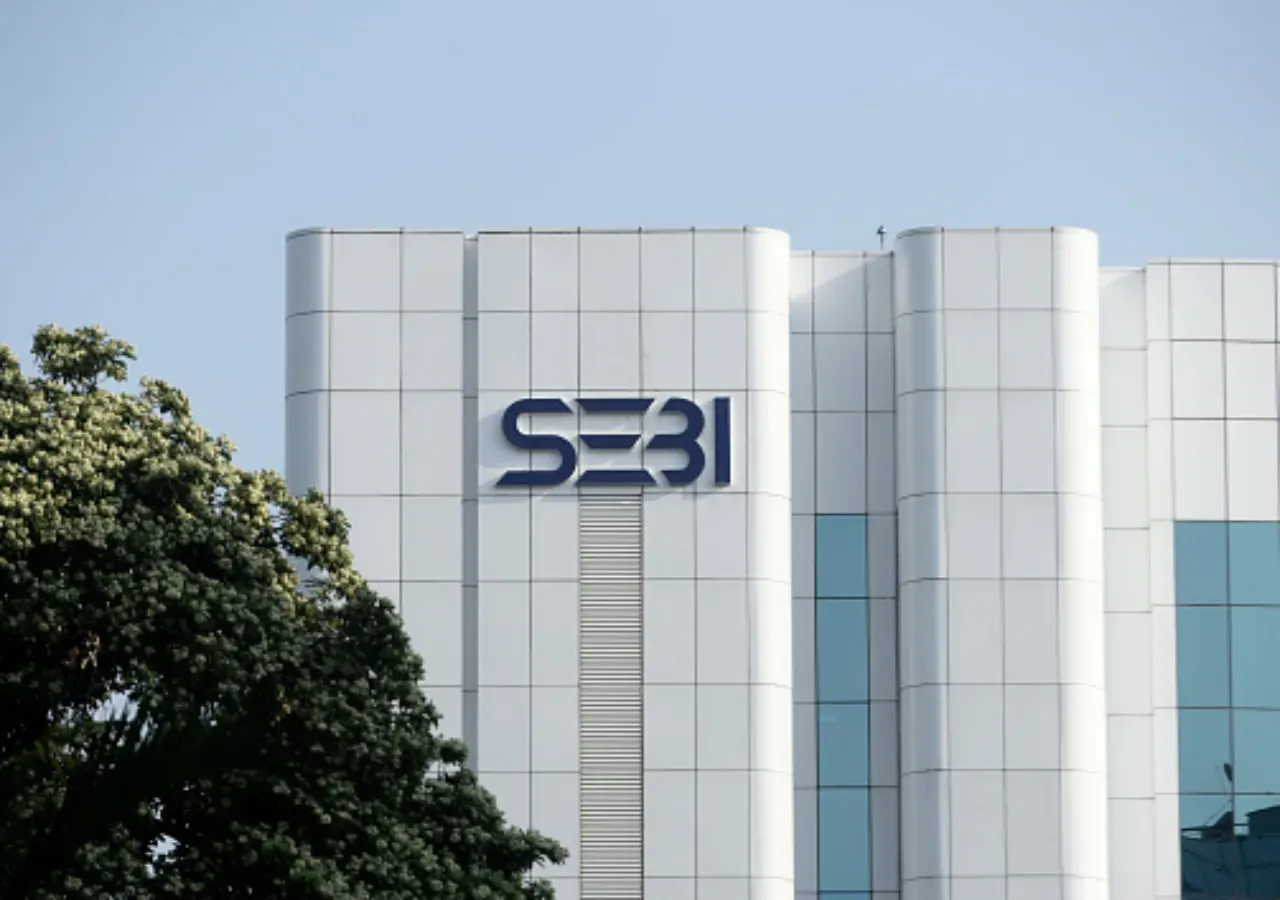Advertisement|Remove ads.
SEBI’s IPO Reforms Empower Founders, Says SEBI RA Mayank Singh Chandel

In a move set to reshape India’s startup landscape, the Securities and Exchange Board of India (SEBI) has relaxed regulations related to employee stock options (ESOPs) held by founders and the reverse-flipping back to India.
SEBI-registered analyst Mayank Singh Chandel shared his perspective on the latest IPO regulations in India and highlighted the key changes:
ESOP Relief For Founders
One significant change is the way ESOPs were handled during the IPO process. Earlier, startup founders had to let go of their ESOPs before listing if they were classified as promoters. With the new regulations, if the ESOPs were granted at least a year before filing for IPO, founders can retain or exercise them even after listing.
Chandel noted that this is a beneficial move for those who’ve built companies from scratch.
No New ESOPS Post Listing
However, promoters cannot get new ESOPs after listing, but pre-IPO ESOPs (older than one year) will be safe.
Reverse Flipping Relief
Additionally, startups shifting base back to India (reverse flipping) can now list more smoothly, with relaxed shareholding period norms.
Demat Rules Revised
Another important change is the expansion of demat rules. SEBI wants every promoter, director, employee, and investor to hold their shares in dematerialized form before the IPO. This step is all about better transparency and fraud prevention.
PSU Delisting Made Simpler
If a public sector company has over 90% government holding, it can delist through a simpler process now, making strategic exits more accurate.
Boost For Private Investors
SEBI will now allow certain investors to co-invest in unlisted companies alongside fund managers, potentially increasing the flow of capital into startups.
KYC Norms Simplified For Foreign Funds
KYC regulations for foreign funds will be aligned with RBI guidelines, making India a more attractive destination for global investors.
Chandel observed that SEBI's revised norms are positive for the Indian business ecosystem. They remove roadblocks for founders, support long-term commitment, strengthen transparency, and align India with global best practices.
For updates and corrections, email newsroom[at]stocktwits[dot]com.












/filters:format(webp)https://news.stocktwits-cdn.com/large_Ford_jpg_186fb0eaa9.webp)
/filters:format(webp)https://st-everywhere-cms-prod.s3.us-east-1.amazonaws.com/unnamed_jpg_9dff551b50.webp)
/filters:format(webp)https://news.stocktwits-cdn.com/Getty_Images_2237643016_jpg_17a9a7eb9d.webp)
/filters:format(webp)https://st-everywhere-cms-prod.s3.us-east-1.amazonaws.com/Rounak_Author_Image_7607005b05.png)
/filters:format(webp)https://news.stocktwits-cdn.com/large_Getty_Images_2221557373_jpg_2cb3ed82cd.webp)
/filters:format(webp)https://news.stocktwits-cdn.com/Anushka_Basu_make_me_smile_in_the_picture_b92832aa_af59_4141_aacc_4180d2241ba8_1_2_png_1086e0ed8c.webp)
/filters:format(webp)https://news.stocktwits-cdn.com/large_bulls_versus_bears_stock_market_jpg_c083ddc168.webp)
/filters:format(webp)https://news.stocktwits-cdn.com/Aashika_Suresh_Profile_Picture_jpg_2acd6f446c.webp)
/filters:format(webp)https://news.stocktwits-cdn.com/Getty_Images_2251311021_jpg_31a407e714.webp)
/filters:format(webp)https://news.stocktwits-cdn.com/large_aluminum_resized_jpg_6efa759339.webp)
/filters:format(webp)https://news.stocktwits-cdn.com/vivekkrishnanphotography_58_jpg_0e45f66a62.webp)